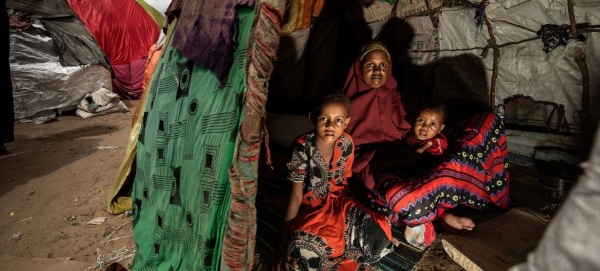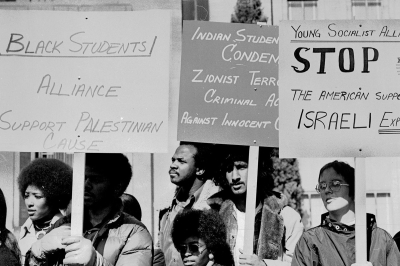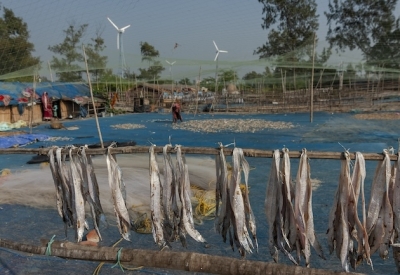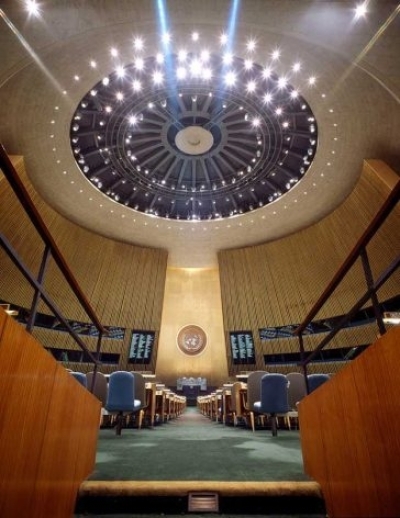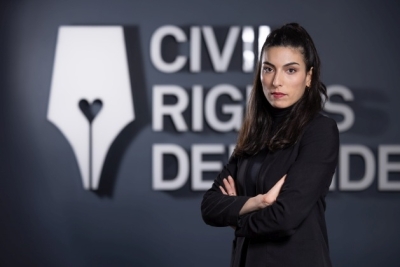Somalia remains resilient and strongly committed to state-building but more is needed to sustain the gains made in the fight against terrorist insurgency, the UN Special Representative in the country told the Security Council on Monday.
Catriona Laing, who also heads the UN Assistance Mission in Somalia (UNSOM), briefed ambassadors on developments across eight areas, including politics, security, women’s political participation, and humanitarian affairs.
She expressed the UN’s “unwavering support towards the state-building agenda” in Somalia, underscoring that the Council’s support is central to the country’s success.
UNSomalia “Through our collective support, Somalia is demonstrating that a country can emerge from prolonged conflict to one that delivers for its people and acts as a force for good in the region,” she said.
Solid progress
UNSOM works with the Federal Government of Somalia and federal member states to support national reconciliation and provide strategic and policy advice on issues such as peacebuilding and state-building, among other mandated tasks.
An African Union (AU) force in the country, ATMIS, is in the process of drawing down. Somalia has requested a smaller AU mission, focused on protection, as well as UN logistics support to strengthen national systems and capacity.
Ms. Laing reported that the Federal Government has made solid progress in recent months in implementing its priorities. Some of these “very significant achievements” included completing a critical security roadmap, joining regional bloc the East African Community, and securing the lifting of a Security Council arms embargo.
‘Tragic events’
However, 2024 got off to a challenging start for the “UN family” in Somalia, which continues to work to secure the safe return of personnel aboard a UN helicopter that was reportedly seized by Al-Shabaab militants on 10 January.
The following day, a member of a UN Guard Force Unit was killed in an Al-Shabaab indirect fire attack on the UN compound in the capital, Mogadishu.
“Despite these tragic events, our focus remains on supporting Somalia with its rightly ambitious agenda over the year ahead,” she assured the Council.
Maintain momentum, reach consensus
On the political front, Ms. Laing reported that a proposed new electoral model in Somalia continues to be intensely debated. Broad public support for the transition to one-person, one-vote elections has also come with the realization that proposed timelines are too ambitious.
The UN is working with the authorities to develop a realistic plan that will ensure momentum towards one-person, one-vote is maintained. The global body has also welcomed Parliament’s approval of the procedural rules for constitutional changes.
“It is now urgent to reach an inclusive consensus on the electoral framework. And on the constitution, we encourage all parties to engage in the spirit of compromise to finalize the process,” she said.
“Without an agreed constitution, Somalia remains vulnerable to perennial crises with no agreed rules of the game to enable resolution.”
Controversial deal
Turning to regional developments, Ms. Laing informed the Council about the Memorandum of Understanding (MOU) announced last month by Ethiopia and “Somaliland”, the breakaway region in the north. The deal reportedly grants Ethiopia a 50-year lease on 20 kilometres of coastline in exchange for certain political and economic benefits.
Although the full details are not available, public pronouncements about the MOU have generated strong hostile reactions, she said. Furthermore, terrorist group Al-Shabaab have been exploiting the situation as a tool for recruitment – a worrying development.
“We recognise that the strong feelings in Somalia are putting pressure on the Government to respond, and we encourage the President to remain measured in his response,” Ms. Laing said.
“I echo the words of the Secretary-General who has recalled that the Security Council has repeatedly affirmed its respect for the sovereignty, territorial integrity and unity of Somalia, and called for all parties to engage in peaceful and constructive dialogue and to refrain from inflammatory words or actions that could further escalate tensions.”
Combating Al-Shabaab
Meanwhile, countering Al-Shabaab remains a top Government priority, and the authorities are now preparing to resume large-scale operations following heavy rains and flooding which hampered activity towards the end of last year.
There have been positive developments on stabilization in newly recovered areas, namely in rule of law, governance, reconciliation and the provision of basic services, and she urged partners to support UN programmes deployed in these locations.
The handover of security responsibilities to the authorities in December was also an important symbolic milestone for Somalia, and the second phase of the ATMIS drawdown was successfully completed by the end of January, despite delays.
As planning is now underway for a new AU-led mission, Ms. Laing said plans for drawdown may need to be revised to allow for a smooth transition and to prevent a security vacuum from emerging.
Honour the quota
Women’s political participation and representation remains another serious challenge and the UN continues to support efforts to achieve a 30 per cent quota among parliamentarians.
Ms. Laing has met with women leaders who stressed that the 30 per cent minimum must be enshrined in the constitution currently under review. They also expressed strong support for one-person, one-vote, and voiced strong opposition for the MOU, warning that it has the potential to spark conflict that would disproportionately affect women and girls.
She told the Council that Somalia’s humanitarian crisis remains dire. Last year saw the worst drought in decades, followed by heavy rains and extensive flooding that affected more than 2.4 million people.
A $1.6 billion humanitarian plan for this year aims to support 5.2 million most vulnerable people. Although this represents a nearly 40 per cent reduction from 2023, it is in line with a new, more targeted approach, given dwindling humanitarian funding globally.

